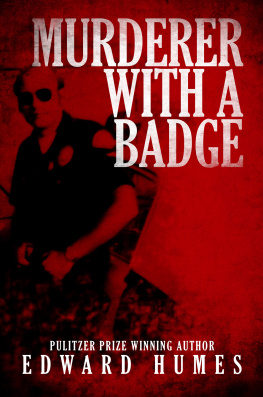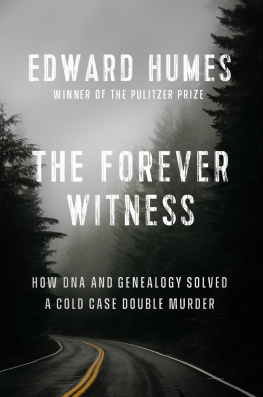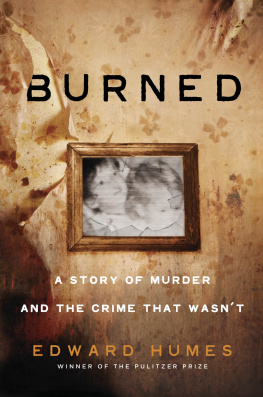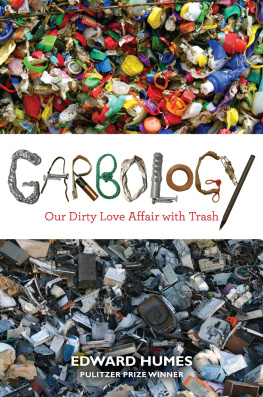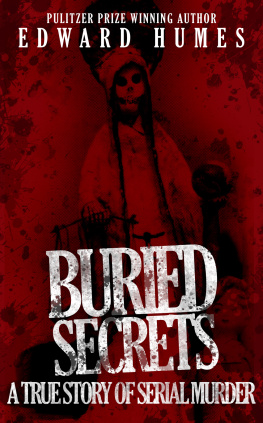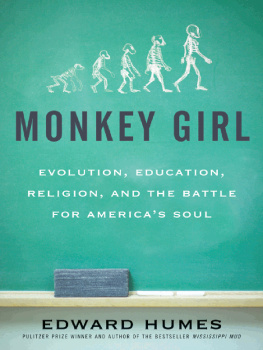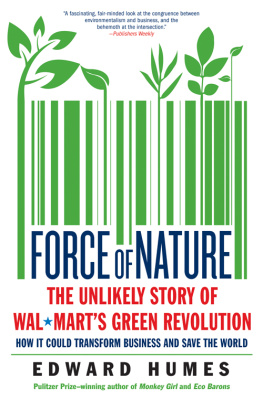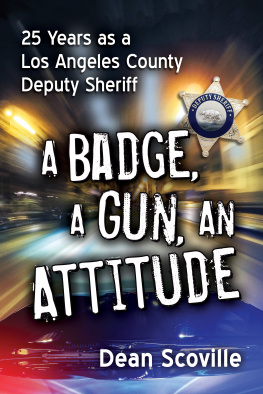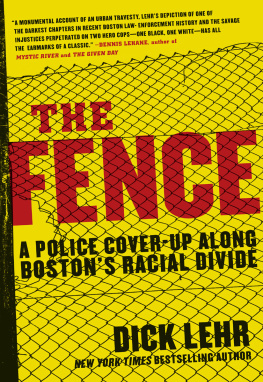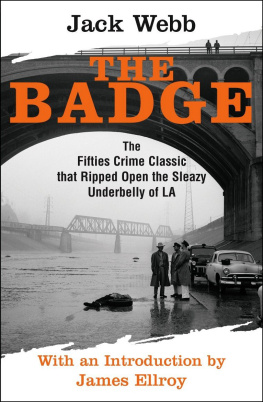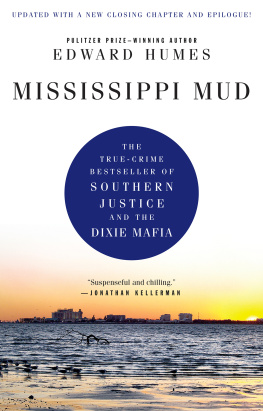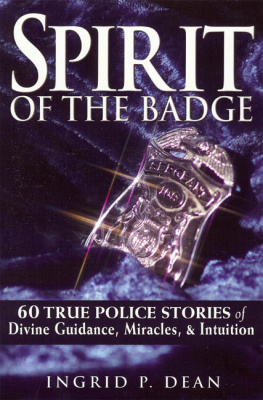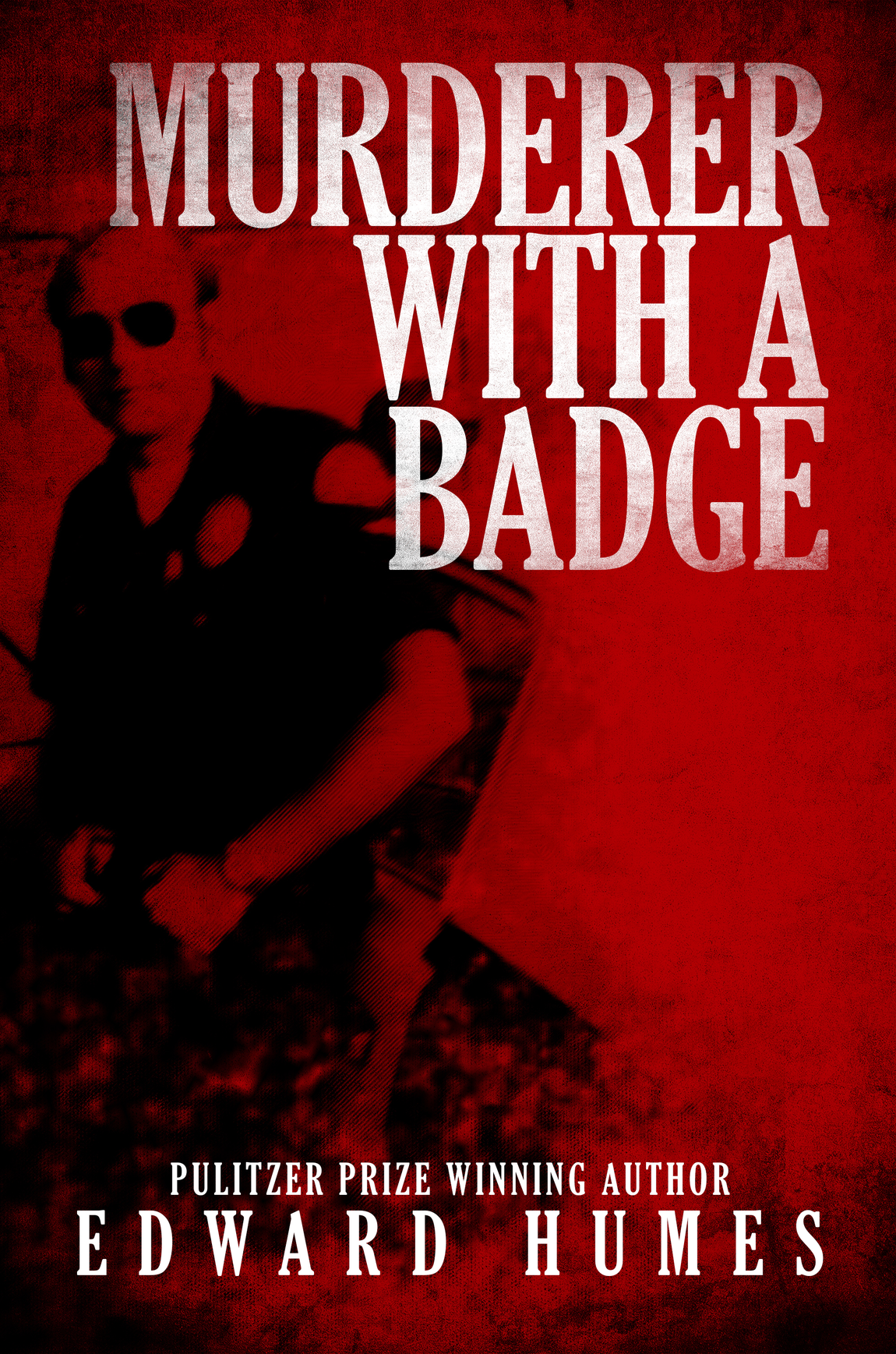Prologue
San Gabriel, California
Sunday, March 20, 1977
6:30 A . M .
In later years, San Gabriel would lose its innocence to drug wars and drive-by shootings, a numbing tide of violence that would settle like smog over this small suburb on the cusp of Los Angeless parched foothills. In time, the gang-bangers and coke dealers would take over even the legendary stripper bar and police hangout, The Other Ball, where San Gabriel cops once drank beer, played cards, swapped stories, and, they say, provided seamy inspiration for a soon-to-be-famous ex-cop by the name of Joseph Wambaugh. If the fatal events of March 20, 1977, had happened a decade later in this new City of San Gabriel, they would have seemed like business as usual, just another statistic for the files.
But San Gabriel was a very different place on that chilly Sunday morning in 1977, as Gilberto Cervantes drove home from early-morning Mass for the last time. The city remained a drab and sleepy bedroom community in the shadow of Los Angeles, three exits and four square miles off the San Bernardino Freeway, a place where suburban homes on wide, grassy lots could still be bought on a workingmans wage, and where the afternoon smog that steamed off the freeway in hot brown waves still seemed a small price to pay for a slice of the California dream. Most of all, at least in the minds of its citizens, San Gabriel remained a refuge, a place where murder was a curiosity, something that might happen down the road in the big city. But not here, the neighbors would later say. Not on our streets.
Certainly Gilberto Cervantes never saw it coming. He had gotten up before dawn that Sunday, as he did every Sabbath, dressing in his battered suit, bidding his bedridden wife good-bye, then driving the half mile to San Gabriel Mission Church for sunrise Mass. He endured the ritual, silent and grim as always. Then he left his customary offering of two dollars, unchanged after a decade, and departed at quarter past six.
Gilberto drove home in his hulking green Cadillac, one of the few outward signs of prosperity the crusty seventy-six-year-old allowed himself. His house and sprawling grounds were an unkempt mess. He wore secondhand clothes and hoarded boxes of yellowed newspapers and broken appliances in his homestacked next to the other cardboard boxes filled with cash. Impoverished appearances aside, Cervantes owned twenty-nine houses, apartment buildings, and commercial properties throughout Los Angeles. Add to that the familys thriving tortilla factory and delivery business, and he was worth at least six hundred thousand dollars. The approaching California real estate boom was about to make him a multimillionaire in a few years more. Not bad for a Mexican peasant who grew up barefoot and dirt poor on a barren tenant farm, immigrated to the States in the early twenties, then parlayed a ten-cent-an-hour job frying tortillas into a fortune.
Fifty years later, though, his good fortune made him a target.
As he turned into the driveway of his home at 1527 South Palm Avenue, a light blue pickup truck with a camper shell and two men inside eased to a stop at the curb. One of the men climbed out and padded up the driveway after Gilberto, the dull blue metal of a Smith and Wesson .357 Magnum protruding from his belt, a gardeners gray cloth gloves on his hands. Balding and a trifle heavyset, he spoke in a thick Oklahoma drawl as he leaned in the truck window and told his companion to drive a few houses up the street. The stubby fireplug of a man at the wheel did as he was told, then began to toy nervously with his metal watchband as he waited, engine idling.
The man with the accent raised his gun and took aim as Gilberto pulled into his two-car garage, shut off the Cadillac, and opened the door to get out.
Seven neighbors awakened at the sound of a single gunshot, looked groggily at their bedside clocks, noted the time as around 6:30, then fell back to sleep, certain they had been disturbed by a cars backfire. Later, they would all tell police the same story: It had never occurred to them to investigate the sound or to dial 911. This was, after all, peaceful and safe San Gabriel.
Shot through the heart, Gilberto staggered and slumped against his open car door, his keys jangling as they fell to the concrete. The gunman walked to his truck and told his companion, Drive. The pickup drifted slowly, inconspicuously away. As they left, Gilberto pulled himself to his feet and staggered fifty-four feet up the long drivewayan agonizing and amazing journey for a man mortally wounded and left for dead. He was trying to reach the front of the house, and was only a few feet away when he finally collapsed. Nearly two hours passed before passersby spotted him lying dead, frozen in a face-down crouch.
Police investigating the killing found little evidence and no witnesses, other than an elderly woman who had seen a blue pickup with two men inside as she walked her dog that morning. She could not describe either of the menshe had just smiled at them and moved on. The lack of evidence did not surprise investigators. Clearly the motive was not robberynothing had been taken, as far as anyone could say. Rather, it looked to be a professional hit, and hit men didnt leave witnesses. Various relatives fell under suspicion, and rumors circulated that a Los Angeles policeman somehow was involved. But there was no proof, no leads, really, and the case quickly made its way to the unsolved homicides filea thin collection in 1977, but one destined to fill several file cabinets at San Gabriel P.D. in later years. Soon enough, the small department had its hands full with fresher cases. And the Cervantes homicide was forgottenuntil ten years had passed, and a stubby man who played nervously with his watchband came forward with a strange, violent story of contract murder and his good friend, an LAPD officer by the name of Bill Leasure.
Los Angeles
April 1991
What would make a man like you kill?
William Ernest Leasure shakes his head, then leans forward on the cold metal of the visiting room counter. The handcuffs that bolt him to the leg of his iron stool rattle with the movement. Nothing, he tells his private investigator. Absolutely nothing. Seventeen years on the force, and I never even fired my gun.
Leasure pauses. He has the inoffensive expression of a favorite uncle, kindly and bland, although after a time, something seems not quite right about it. Perhaps his manner is just too wildly out of place within the harsh, clanging environment of the jail visiting room, with its chorus line of vacant stares and desultory mutters. Or perhaps its the penetrating way he looks at you after completing a thought, gauging your reactions, taking note of each facial twitch and posture change. Its something good cops always do and good liars, too.

